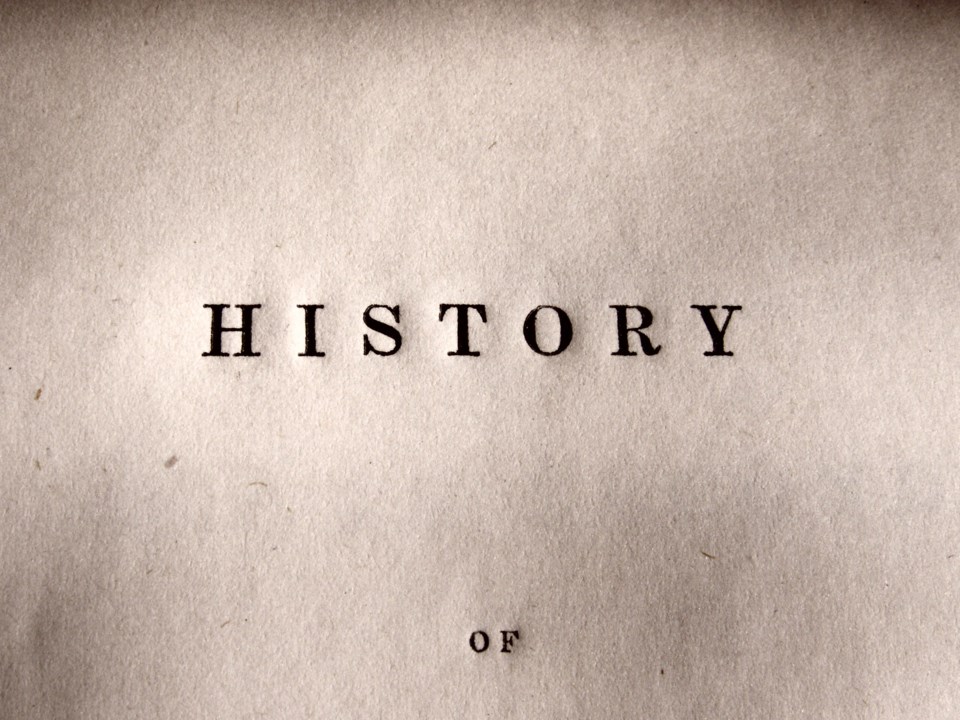A very interesting video has gone viral that supposedly humiliates CNN reporter Don Lemon. Lemon is largely a corporate mouthpiece, but this time he poses a legitimate question by asking a spokesperson for the British Crown about reparations for colonialism. He queries as to why some people remain obscenely wealthy in Great Britain while the vast majority suffer financially.
Instead of answering his question, Hilary Fordwich launches into a lecture about the abolition movement in Great Britain and the British sailors who died during the Blockade of Africa in the first half of the 19th century, trying to prevent other nations from transporting enslaved human beings. She also points out that there were additional players in the Transatlantic Slave Trade, and if the British aristocracy is held accountable, these others should as well.
All of this is true. I fail to understand, however, how it is a humiliation of Don Lemon.
To me, it was quite reminiscent of the monologue of the German lawyer in the classic film “Judgment at Nuremberg”. In it, he defends his clients, men who were accused of war crimes during the Nazi era, by asking, “What about the rest of the world?” He correctly states that populations around the world embraced anti-Semitism, many people praised Hitler, and American industrialists even helped to build his empire. All of this is true, but it clearly does not release his clients of their guilt.
Perhaps the issue is that we no longer understand the difference between accountability and blame shifting. If I did something wrong, it doesn’t matter what anyone else did, I am responsible for my own actions. There is also something deeply liberating in embracing the truth of our failures and making reparations.
I may seem overly critical of the British Crown, but that is because I am a member of the Commonwealth. If I am expected to promise allegiance to a king, it is my responsibility as a citizen to hold him (and myself) accountable to a code of ethics. This includes questioning whether his wealth was generated by the exploitation of other human beings.
In the same way, I feel morally obliged as a Canadian citizen to embrace the 94 Calls to Action of the Truth and Reconciliation Commission to heal the deep wounds inflicted on our country by what most scholars would now call a genocide of our Indigenous populations.
I may object to genocidal acts in other countries, and I can speak about them, but I cannot take action in the same way I can with my own government. Perhaps my efforts to hold my state accountable, however, will inspire people in other countries to do the same.
If we were honest about our crimes of colonization, I do not believe that it is overly idealistic to expect that more Russians would demand reparations for the Holodomor, the starvation of over seven million Ukrainians by Josef Stalin in 1932 and 1933. If an effort was made to heal the wounds of this genocide, would Ukraine be running into the arms of the North Atlantic Treaty Organization, the historical enemy of Moscow? And would Russians be able to take up arms against their Ukrainian neighbours?
Seeking and embracing truth is a noble quest. As a teacher, I always value the opinions and viewpoints of my students, and I welcome their sincere corrections. I hope that this makes for a pleasant and positive learning environment. I have the same desire in publishing a weekly newspaper column.
Seeking truth is also not a competition. Hilary Fordwich was correct in stating that extraordinary people in Great Britain led the way in the global abolition of the Transatlantic Slave Trade. Don Lemon was correct as well. Sincere and serious discussion of reparations by the Royal Family and the British aristocracy needs to be on the table.
Gerry Chidiac is a Prince George writer.




